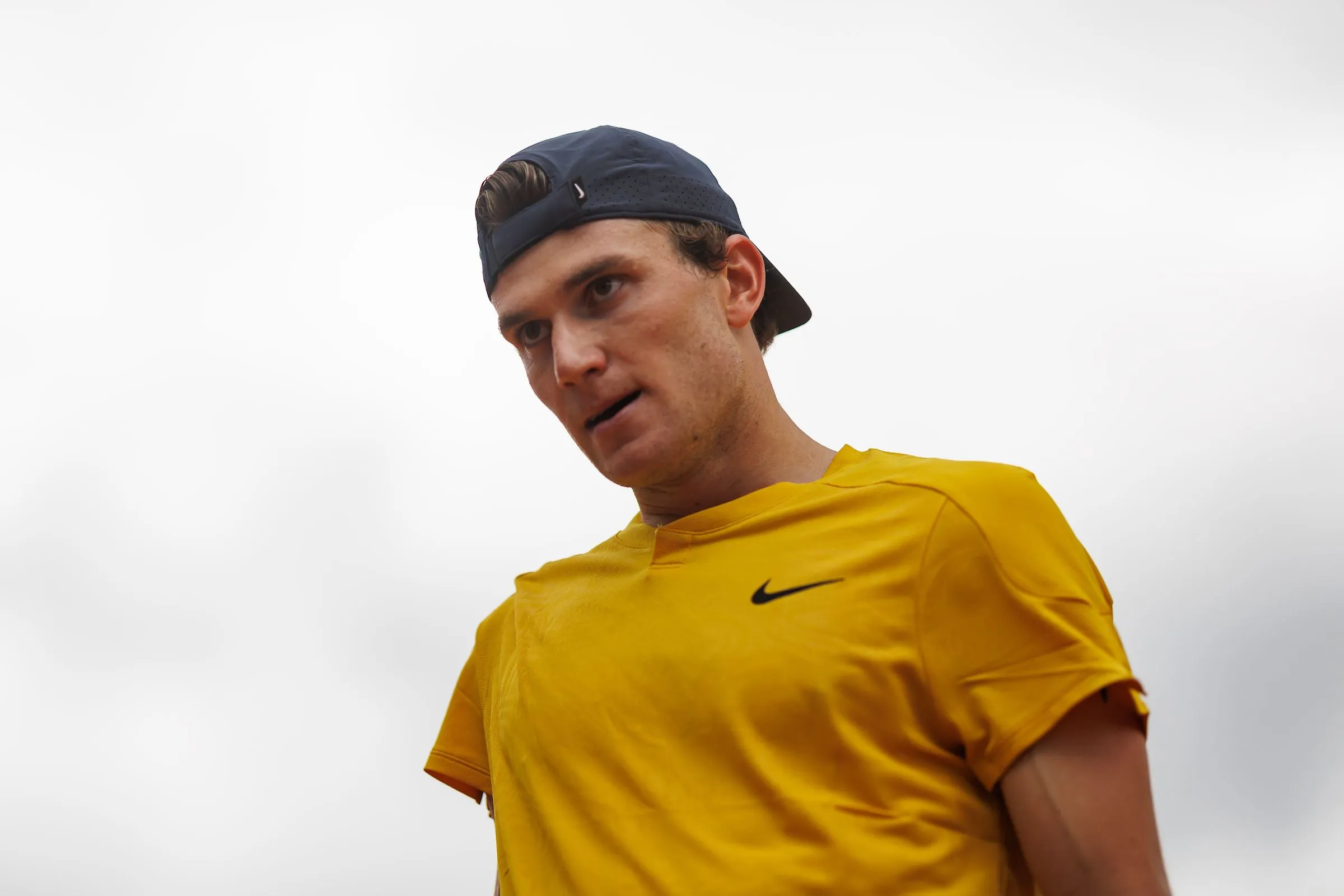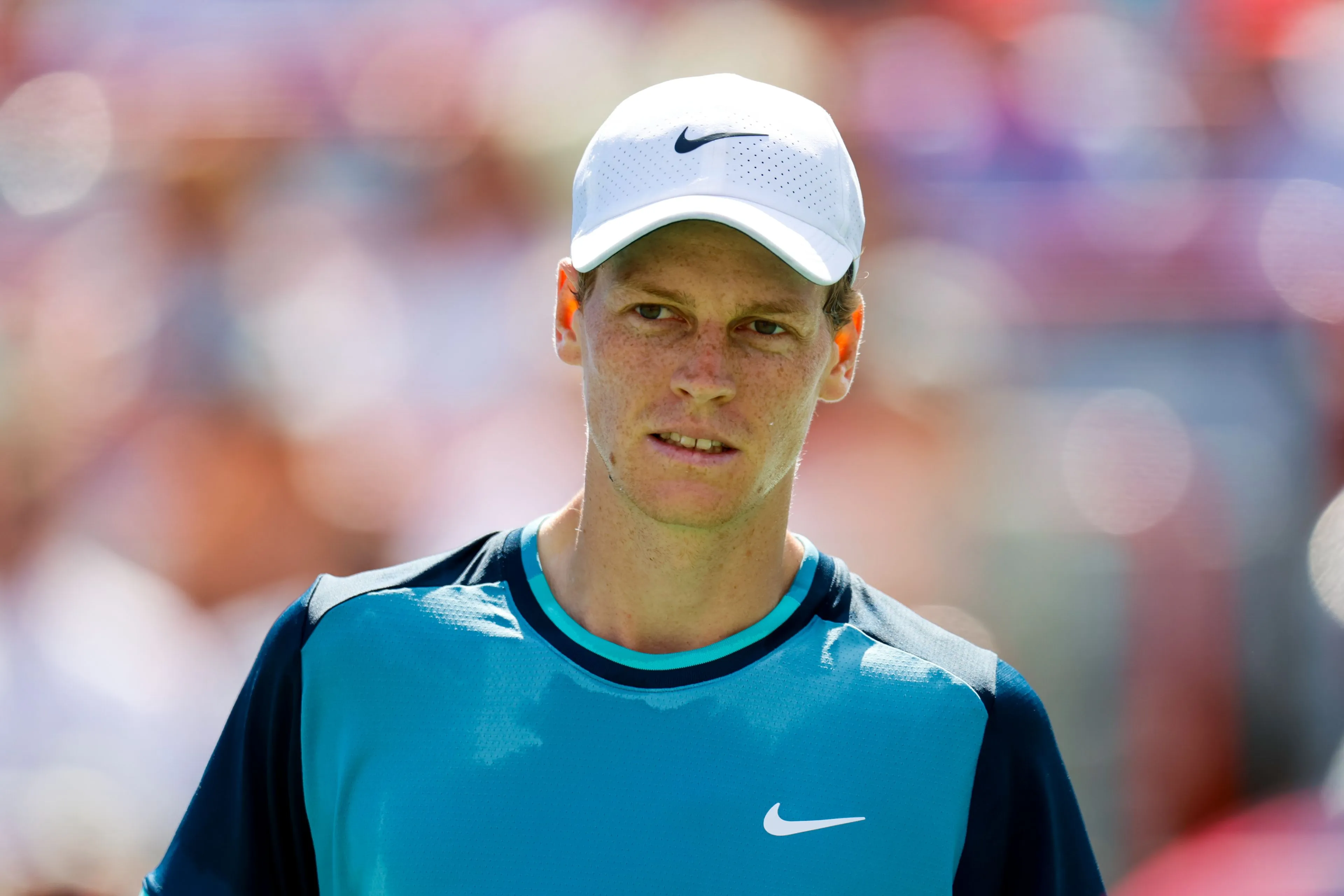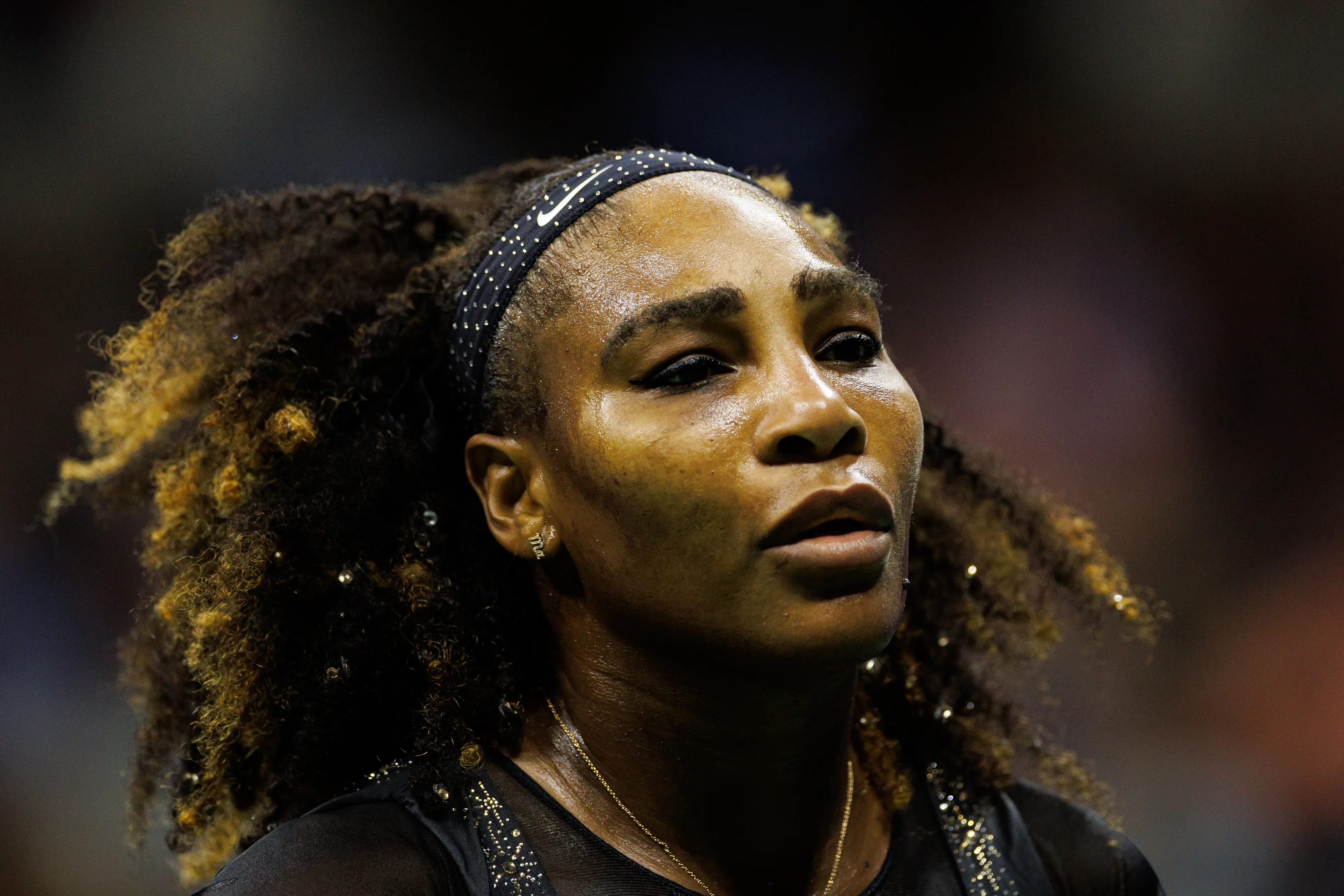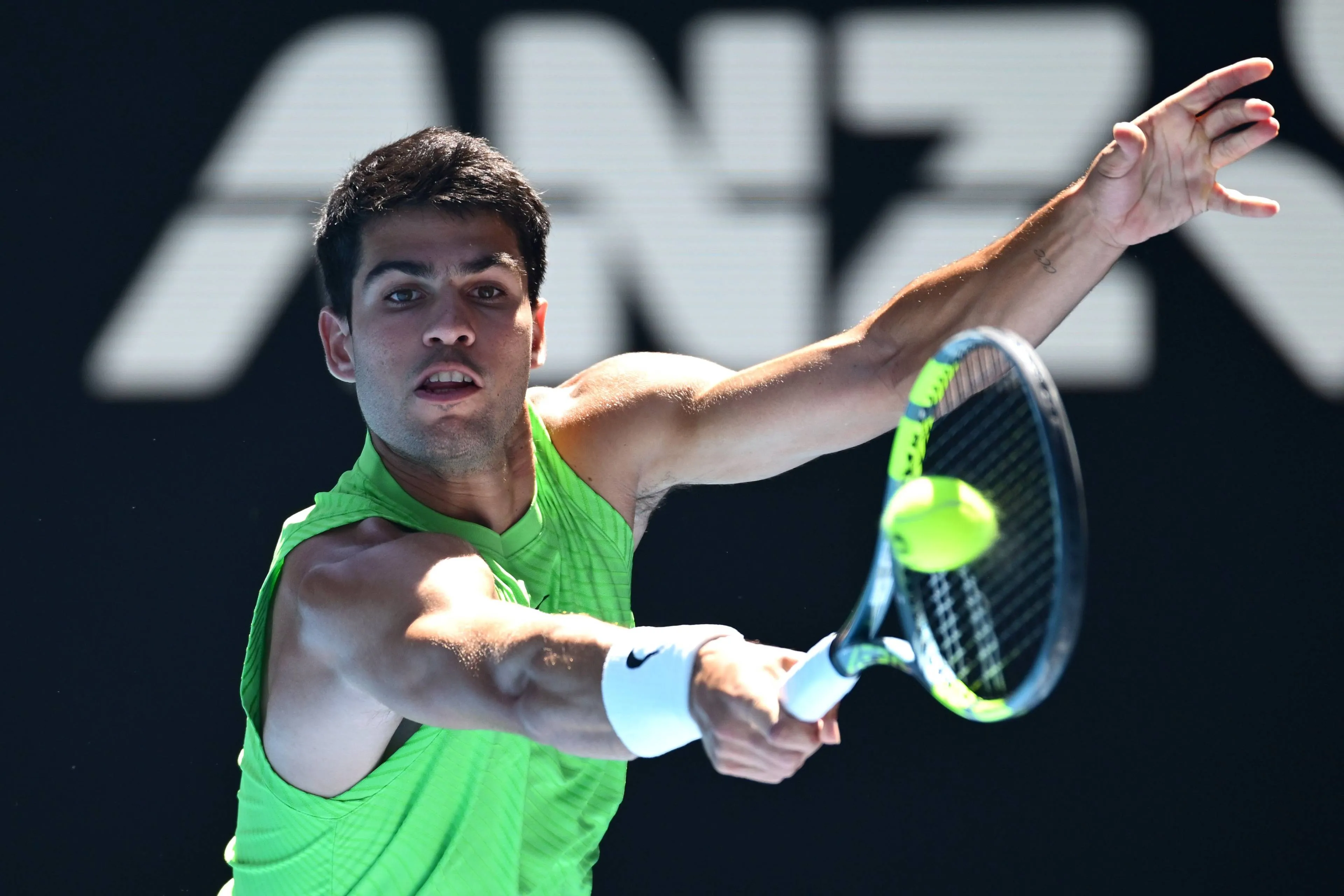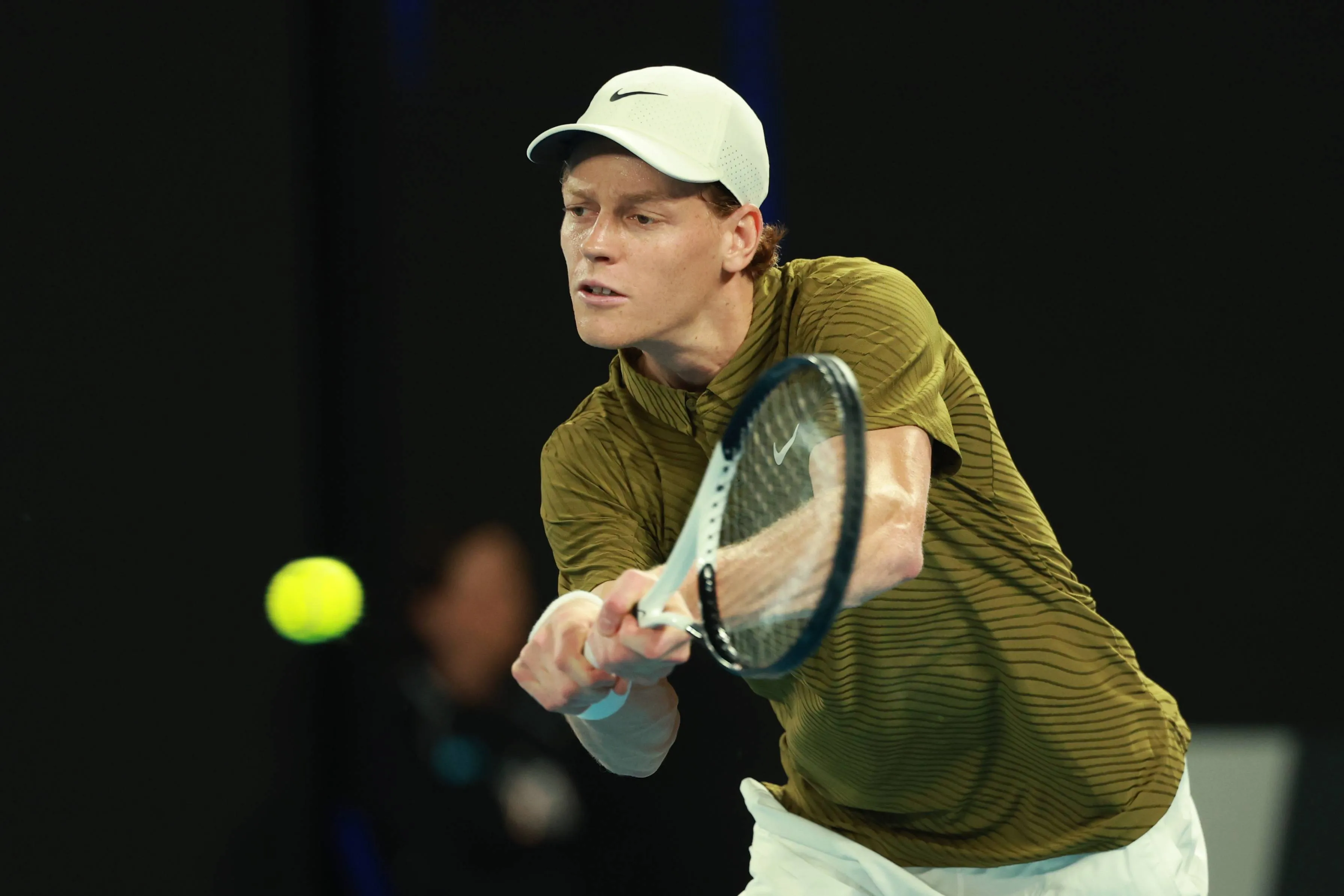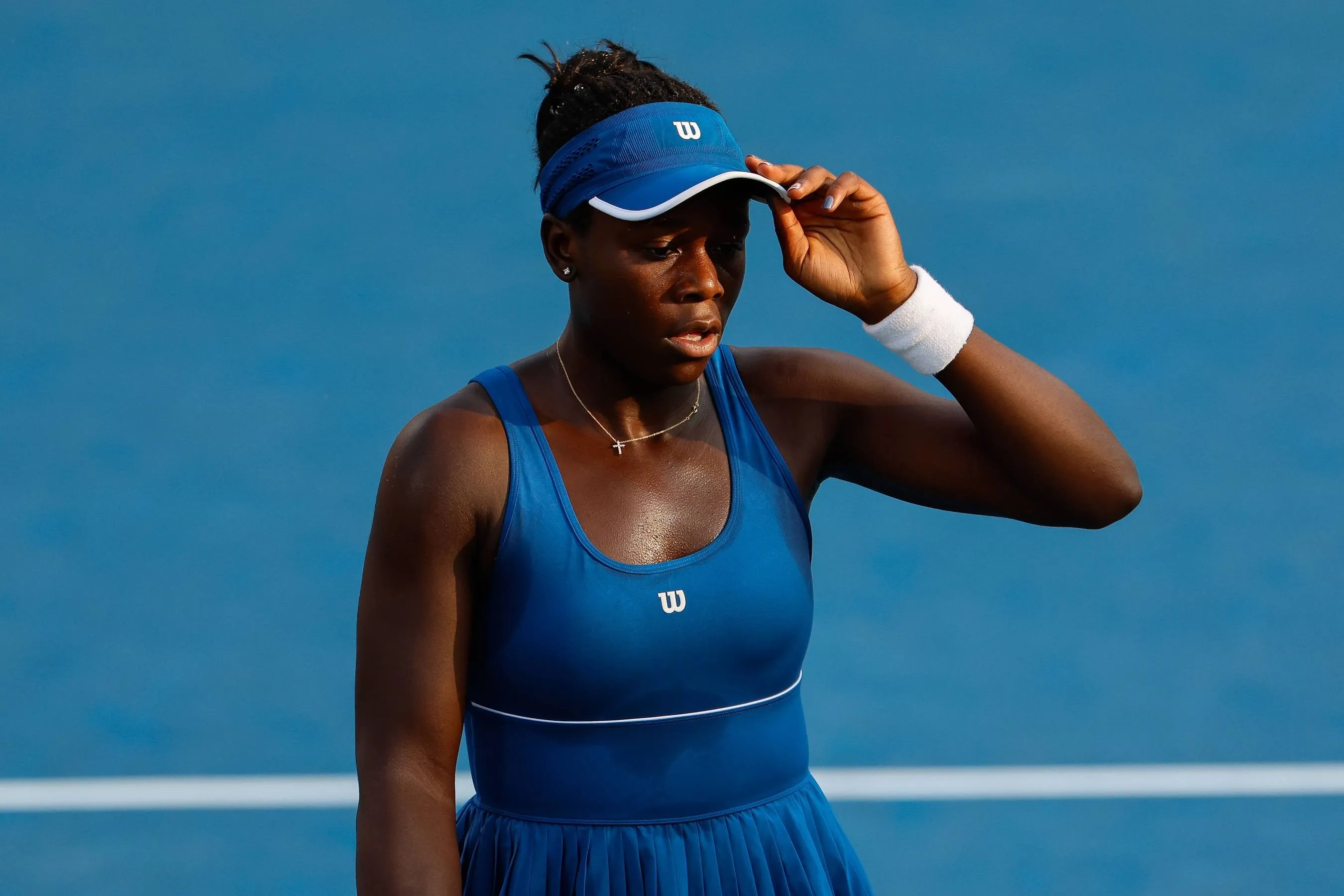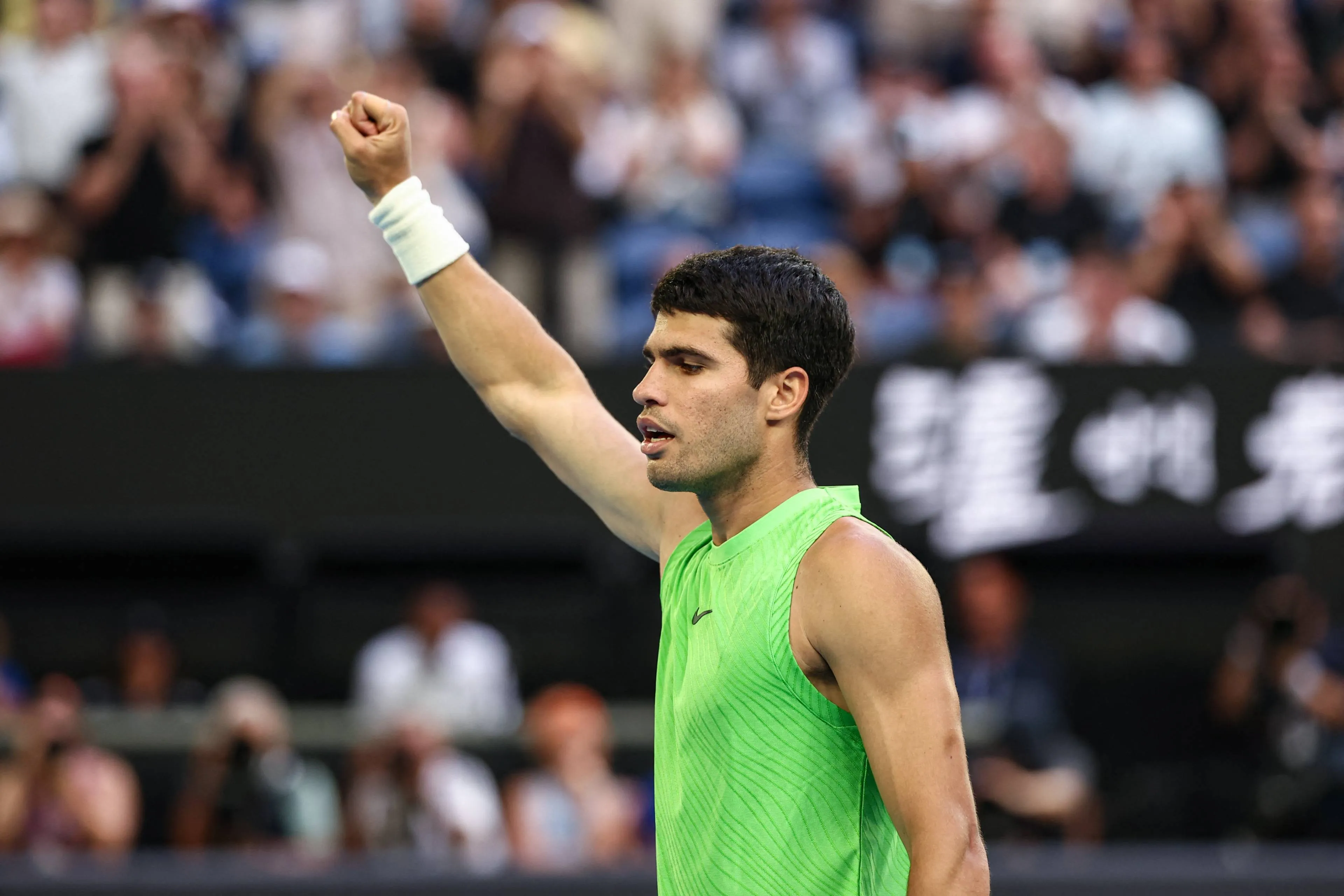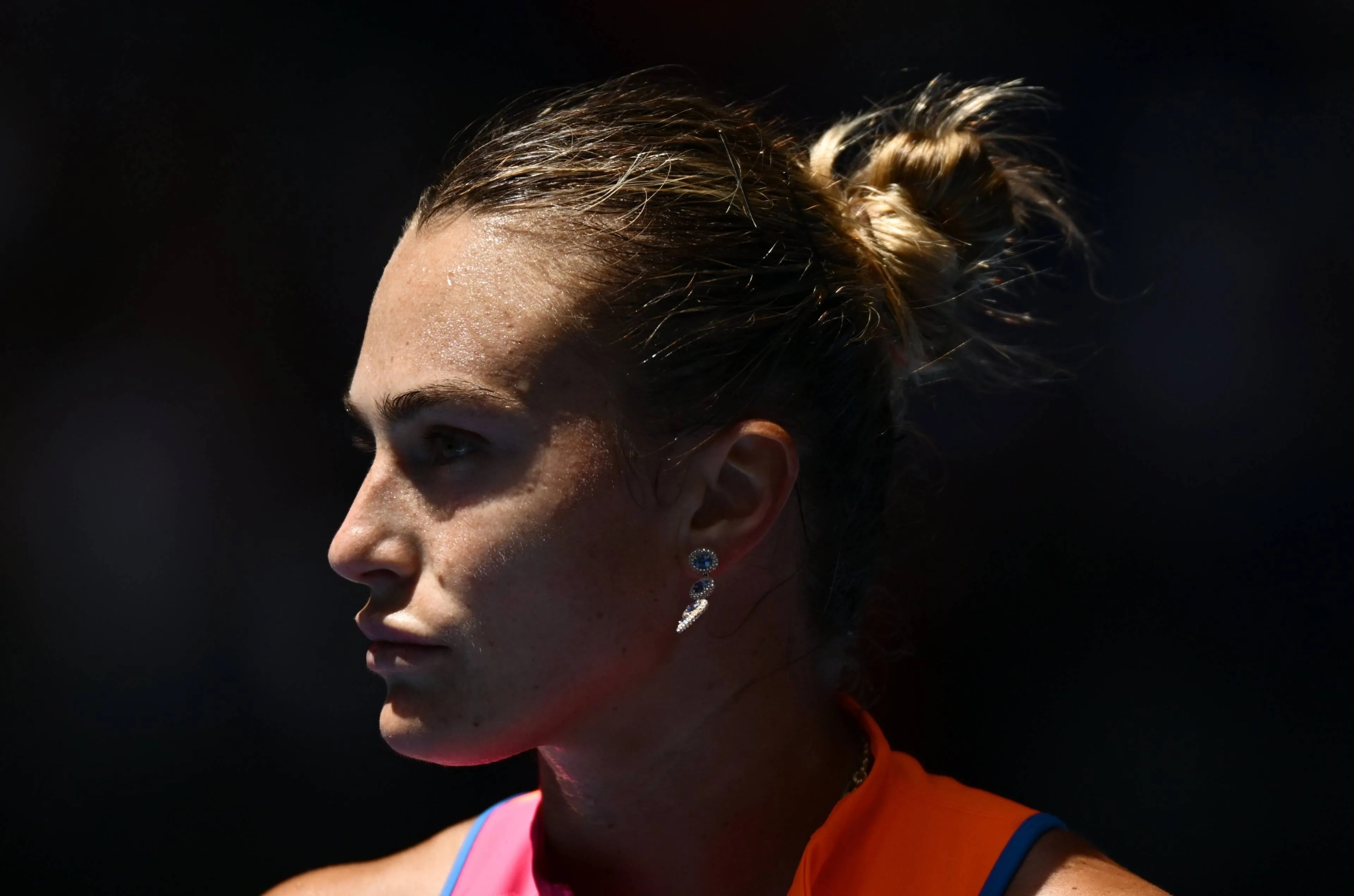Jack Draper Discusses Reasons For Hiring Unusual Member To His Team
NewsTuesday, 25 February 2025 at 03:00

Emerging ATP star Jack Draper took the unique step of partnering with a breathing coach during the off-season and made interesting comments about why he did that.
Although Draper has always been talented, his development in the last 12 months is particularly exceptional. That included the 22-year-old reaching the final of last week's 2025 Qatar Open, finishing as the runner-up to Andrey Rublev.
All players who rise up the rankings swiftly in the modern game can only do it by training hard to make themselves better. Draper's improvements, especially physically, show the hours he is putting in.
However, the Briton has also not been afraid to take unconventional steps to be better. Speaking to the ATP, Draper outlined why he worked with a breathing coach during the off-season ahead of 2025.
"Historically, I had a lot of problems with my sinuses when I was younger, and I suppose in tennis, in sport, we're always trying to look for the small percentages. I've realised over time that of course I need to focus on my physical improvements."
"That's got better, and my physicality and everything has got better, but I felt like still sometimes I would get out of breath, or when I'm a bit anxious, I'd really struggle still."
"So I started to look into more of the other reasons potentially why and one of them was I've always had problems with my sinuses, so could it be that my breathing is maybe non-efficient? I realised that I was a real mouth breather, and so I looked into how I could start to maybe change functionally the way I breathe."
Draper then shared some of the technical tips his breathing coach gave him. Last year's US Open semifinalist is trying to breathe more through his nose and diaphragm instead of his mouth.
Read also
"There are still lots of improvements to come, but I worked a lot on trying to breathe through my diaphragm and my nose instead of breathing through my mouth, because you can't get enough oxygen in that way."
"So especially when we're out on court and we're playing long points and it's hot and stressful, it's just trying to learn how to breathe more efficiently for your body to work at a high level."
The young ATP star also mentioned that his new breathing techniques help him to preserve energy for later in the match, which partially explains his improved endurance during matches.
"At the end of the day, if you're out of breath, or if you're anxious or stressed, then you have to have ways of being able to calm yourself down. If you can calm yourself down, and if you can stay in the present, you're more able to focus on what you're actually doing, instead of just getting back to feeling okay."
"It's something that I'm just more aware of the whole time. It's like a way of trying to remain present. I think the best players in the world, they're able to be present more of the time than others and not let the winning points and the unforced errors and all that affect them so much."
The ambitious Draper said in the closing weeks of the 2024 season that he wanted to shake up Jannik Sinner and Carlos Alcaraz in 2025. Taking every step possible to improve will help him to do that.
Read also
Loading

